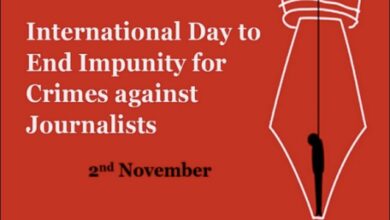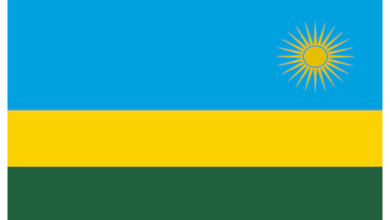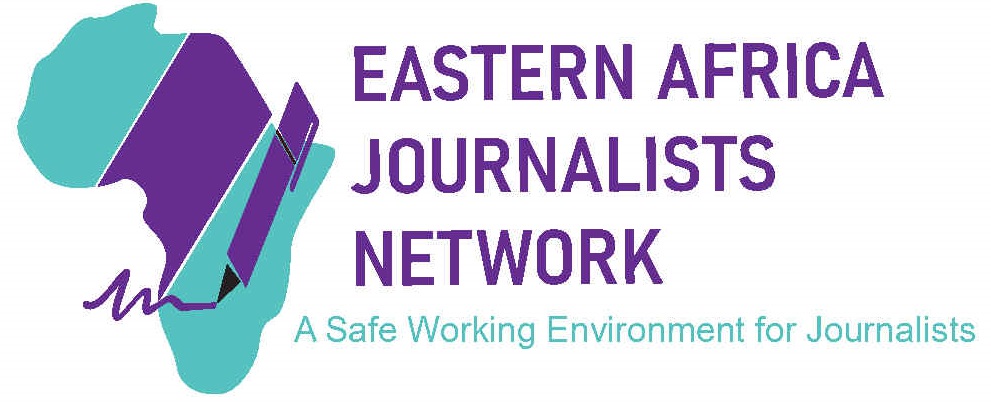Rwanda
Rwanda has a population of an estimated 12,952,218 people. Economically, the country has shown remarkable recovery given the egregious effects of the 1994 genocide that left nearly a million dead and thousands displaced. However, there still hangs a cloud of fear and use of anti-genocide laws to punish political opponents and critical local and foreign media. But there is a glimmer of hope that there will be change as a critical cadre of journalists continues to emerge.
The 2003 Constitution guarantees media freedom. Similarly, Rwanda is a signatory to a number of key international and regional human rights instruments.
It also cooperates with the UN bodies and the AU human rights institutions. However, pursuant to Article 64 of the African Charter which it voluntarily ratified in 1983, It has two pending periodic reports that it has not submitted to the African Commission on Human and Peoples’ Rights.
The country initiated media reforms and enacted access to information and media laws that entrenched co-regulation of the media sector through creation of a Rwanda Media Commission. The implementation of the access to information law has been impeded by the bureaucracy especially on issues of access to information that is considered controversial and sensitive.
The government imposes legal restrictions and informal controls on freedom of the press, and most media outlets practice self-censorship. The few journalists in the country who engage in independent reporting are subject to criminal charges and intimidation.
The Penal Code amendments passed in 2018 criminalized cartoons and writing that “humiliate” Rwandan leaders, but also decriminalized defamation, which the Rwanda Journalists Association considered an improvement to the highly restrictive legal framework.
Foreign journalists are often unable to secure visa and accreditation when traveling to report in Rwanda. Media outlets are subjected to closures and journalists have routinely been arrested for reporting critically.
Rwanda is ranked as not free or as a country in crisis by global media freedom monitors. For instance, Freedom House in its annual Freedom in the World Report rates Rwanda as a not free country with a score of 21 out of 100.
Reporters Without Borders ranks it at 156 out of 180 countries. This is one position worse from its position in the previous year.
ARTICLE 19 in its Global Expression Report 2021 categorized Rwanda as country in crisis with a score of 9 out of 100.
-

EAJNet Calls on Governments to End Impunity for Crimes Against Journalists in the region
Eastern Africa Journalists Network (EAJNet) has called on the governments in the region to expeditiously investigate and bring to justice…
Read More » -

840 cases in Rwanda
Rwanda is ranked as not free on global media freedom by Global Media freedom monitors like Freedom House and Reporters…
Read More »
